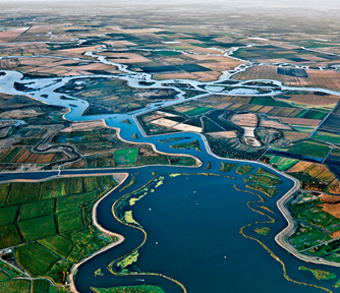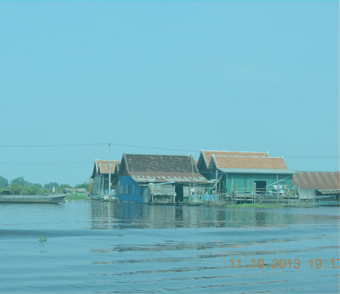Typical water management plans assume a static ecosystem and do not take account of the effects of such variables as climate change, hydrological variability, and increases in water demands. In addition, most management plans do not take into consideration scientists’ incomplete understanding of how complex water-based ecosystems respond to restoration measures.
Adaptive management factors these considerations into the planning process by monitoring the results of restoration efforts and adjusting strategies as needed. Under adaptive management, water resource management is no longer a series of discrete, final decisions, but rather a process in which restoration strategies change in response to new information – much like nature itself.
It begins with a set of clear objectives. As restoration is undertaken, the results of each action are monitored. These results are then analyzed, and the analysis is used to adjust the next step in the restoration strategy. This feedback loop results in enhanced scientific understanding about whether or not, and how, the ecosystem responds to management actions.
Unlike traditional models that limit public involvement, adaptive management is a stakeholder-driven method of resource planning. Involvement of stakeholders is a central feature. The collaborative learning process allows a variety of groups to participate substantively in the development of plans that will govern their own natural resources.
NHI draws on its scientific expertise and use of hydrological models to advance the state of adaptive management techniques. NHI’s work in this arena often addresses the key variables of water supply and demand fluctuations. By building robust models and supporting stakeholders in the collaborative management process, NHI helps resource agencies and stakeholders measure and understand the key variables so that they can ultimately come to agreement on optimal adaptive measures. In addition, NHI has pioneered work on how to scale adaptive management to fit a range of riverine projects.

